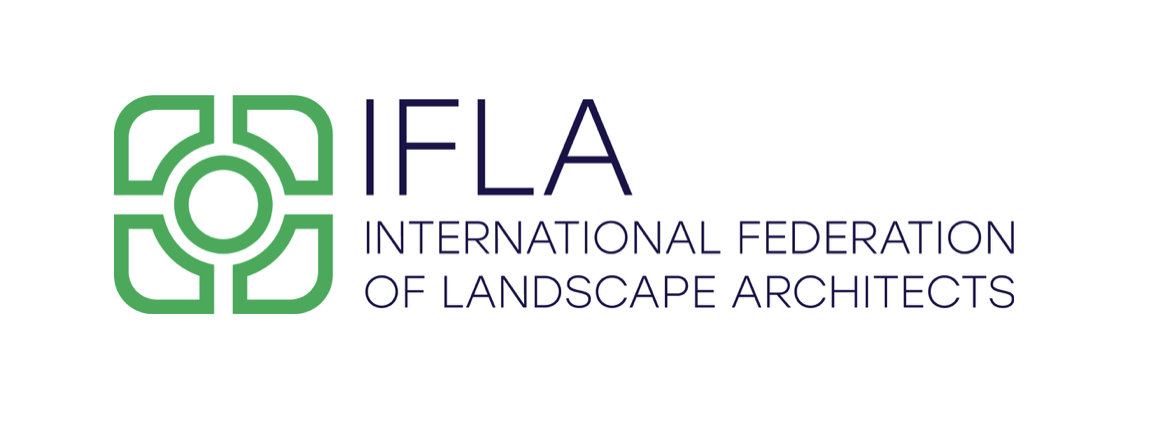Tim Waterman: Avuncular Architectures: Queer Futurity and Life Economies
In Sarah Ensor’s essay “Spinster Ecology: Rachel Carson, Sarah Orne Jewett, and Nonreproductive Futurity” (2012), the avuncular figure of the spinster figures a model of “queer ecocritical practice” and a “model of care that allows distance, indirection, and aloofness to persist and that transforms the vexed concept of ‘enoughness’ from a chastening limitation to a quietly affirmative state.” This talk explores how models of care involving a critical (or queer ecocritical) distance can provide a different frame of thinking for design, based in the idea of life economies and a life drive. Examples range from the 1950s new town of Harlow in Essex to Jacques Tati’s influential film Mon Oncle.
Bio: Tim Waterman is Associate Professor of Landscape Architecture History and Theory at the Bartlett School of Architecture, UCL. His research addresses imaginaries: moral, political, social, ecological, radical, and utopian. This forms the basis for explorations of power and democracy and their shaping of public space and public life; taste, etiquette, belief and ritual; and foodways in community and civic life and landscape. He is at work on the book Landscape Citizenships and has recently edited two others: Landscape and Agency: Critical Essays with Ed Wall and the Routledge Handbook of Landscape and Food with Joshua Zeunert.
Date:27 May 2020 at 8am (NZST) [equivalent to 26 May: 1pm PDT (Los Angeles), 4pm EDT (New York) or 9pm GMT (London)]
Zoom Registration Link: https://vuw.zoom.us/meeting/register/tJ0ocuiqqzkuG9UUOh3j4xmuPXmuDaPovGDc

